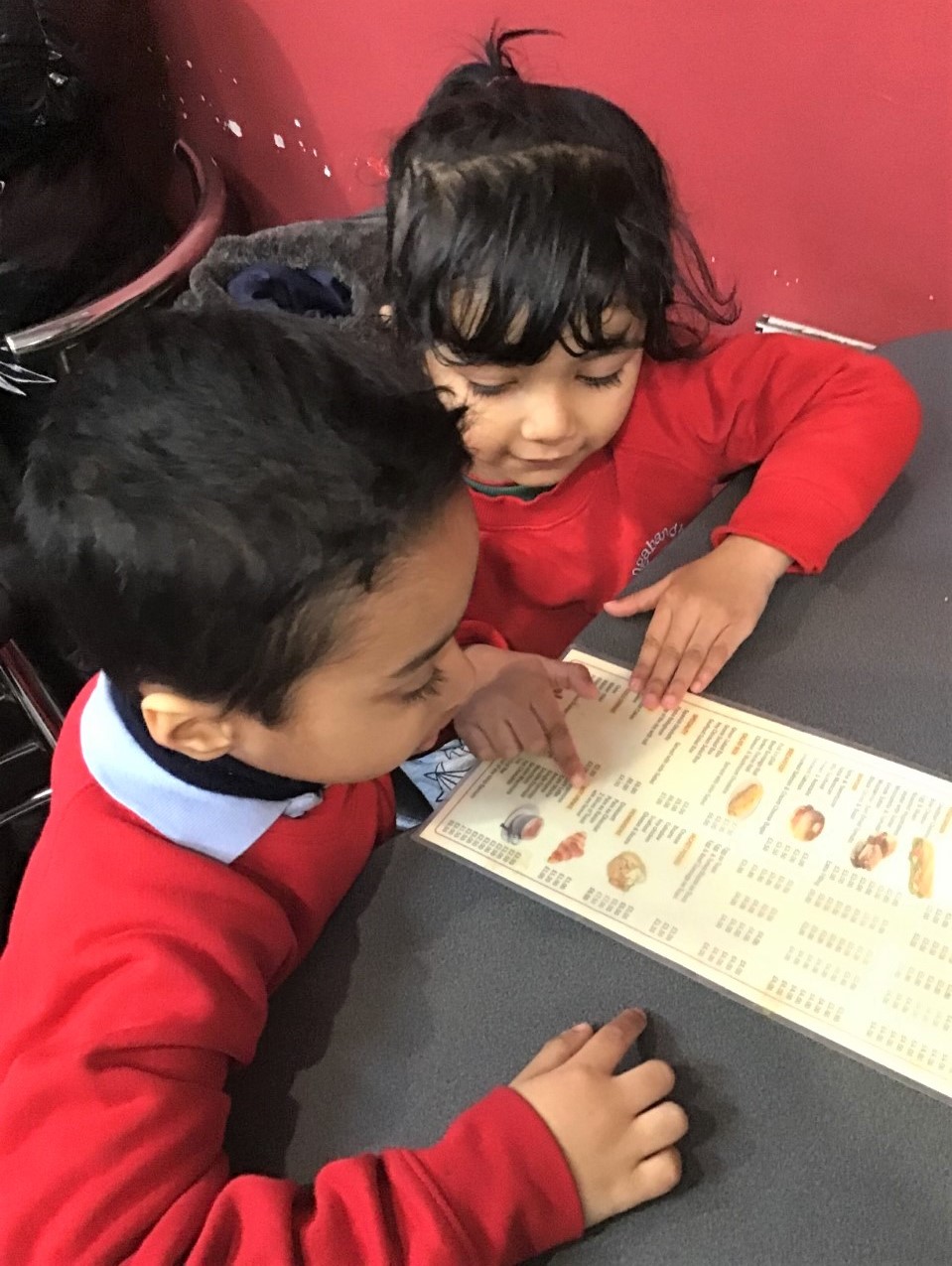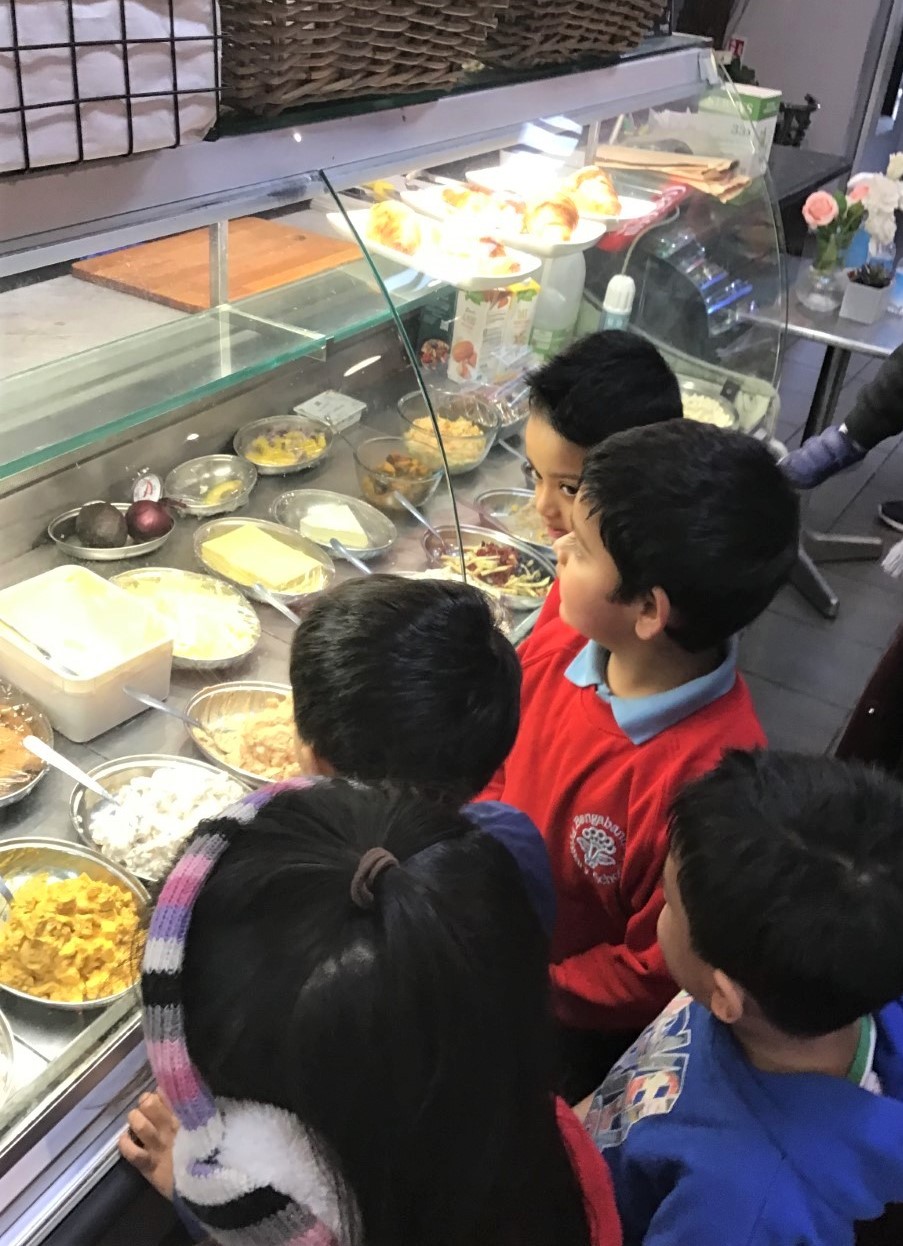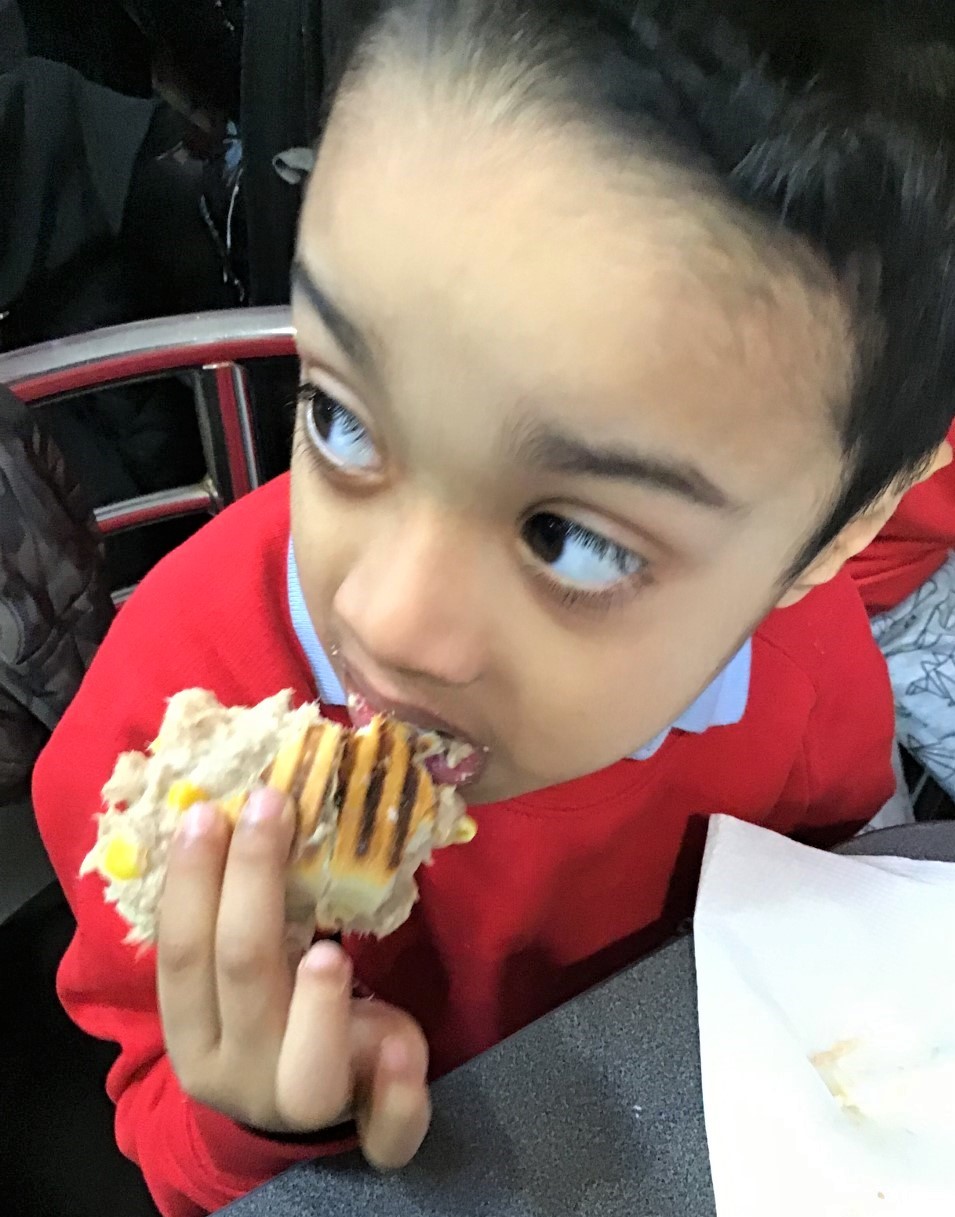Reading curriculum
The Bangabandhu Reading Culture



At Bangabandhu we foster a love of reading by developing a reading community where reading is valued, shared and celebrated by all, from the onset. We believe reading is the foundation of learning, providing children with the skills to be keen, independent and confident readers. Our carefully selected texts enable our children's curiosity, imagination and their ability to unlock vital knowledge of the world. Reading is of the upmost importance to a child’s personal, social, and academic success, as well as their general wellbeing.
Leaders are early reading experts. They identify and overcome any barriers that may prevent pupils from learning to read fluently. Leaders work closely with families from the beginning of the early years to ensure that children develop good reading habits at home and at school. Leaders also develop pupils’ love of reading effectively. They choose books by classic and contemporary authors that are rich in vocabulary, across a range of genres. Leaders provide training for staff so that they deliver the reading curriculum consistently. Pupils who require help to build their reading fluency receive regular, high-quality support to help them catch up. (Ofsted Report 2023)
Our core purpose is for our children to become lifelong readers who have a genuine love of reading. Our Bangabandhu Loves Books video explains why we love reading so much.
/Website_2021-22/MR_FC7.mp4
We want children to:
- Develop pleasure in reading and to be motivated.
- Read for enjoyment, with confidence and with understanding.
- Read from a wide range of quality texts and reading materials.
- Have a good understanding of, and ability to apply knowledge of phonics and word patterns.
How is reading taught at Bangabandhu?
The 'Simple View of Reading' - The theory behind our practice
This is where reading comprehension is seen as a function of two components - decoding and language comprehension.
Decoding means the ability to work out the sounds represented by written words.
Language comprehension means the ability to interpret what the words mean individually and together.
Skilled reading is considered to be impossible if either component is entirely lacking. The researchers Gough and Tunmer expressed it as this equation:
Decoding (D) x Language Comprehension (LC) = Reading Comprehension (RC)
In this simple view of reading a person's reading comprehension will falter despite good decoding, if their language comprehension is weak and a person's reading comprehension will falter despite good language comprehension, if they have poor decoding.Therefore we teach our children to decode and continually focus on develeping their language comprehension.
There are various 'element's to decoding and language comprehension which we teach.
Decoding is broken down into the teaching of Phonics and Fluency,
Langauge comprehension is broken down into the following elements, all of which we teach:
Situation models
Comprehension monitoring
Inference
Text structure
Vocabulary
Background knowledge
Our reading curriculum is based on all the elements referred to above.
Our Reading Provision
Read, Write, Inc. (Early Years and Key Stage 1)
From Early Years and into Key Stage 1 we use a reading programme called ‘Read, Write, Inc.’ which fulfills all the reading requirements of the National Curriculum.
Within the programme children are grouped according to their reading abilities and are regularly assessed to measure their progress.
Click here for an Introduction to Phonics for Reception Parents.
When progress is made they move through the book levels:
|
EXPECTATIONS |
Sound Play |
Ditty
|
Green Purple |
Pink |
Orange |
Yellow |
Blue |
Grey |
|
End of Reception |
|
|
|
|
|
|
|
|
|
End of Year 1 |
|
|
|
|
|
|
|
|
|
End of Autumn term, Year 2 |
|
|
|
|
|
|
|
|
Children’s reading progress is assessed by the ‘Reading Leader’ who is an experienced senior member of staff.
The children are assessed for: accuracy, fluency and understanding of the texts from the range of texts they have studied within that book level. If successful, they then move up to the next book level.
When all the texts in Grey Level (13 stories) have been studied, and assessment is successful, the children come out of the programme and join the ‘genre’ group where they follow the school’s English scheme of work. When a child enters a new book level parents are immediately informed.
If children have difficulties in remembering particular sounds or require extension work to develop their fluency or comprehension skills, then they will attend 1:1 sessions with a member of staff that will enable them to ‘keep up’ with the programme’s daily activities.
Reading in Early Years - Nursery and Reception
Children begin their love of books in Nursery.
Attractive and inviting books with colourful illustrations and photographs are continually shared among adults and children whether indoors or outdoors and pertinent to the play activity they are involved in. When sharing the books adults model how to be a reader by using expression, intonation and gestures: all of which add to the engagement and ‘fun’ of reading.
Adults will also use books to show children how they can be applied in everyday circumstances such as: reading a recipe when cooking a cake, reading instructions when learning how to play a game, reading an information book to find out how a car works or reading a funny poem to perform in class assemblies.
Children are also taught how to handle books and become familiar with the way books work. For example, role-play an adult reading to the class by turning the pages, telling the story using pictures and saying phrases such as “Once upon a time”. Using story props, children are encouraged to use the stories they hear in their play as well as discuss the characters’ actions, predict the outcomes, suggest alternative endings and compare events in the stories with their own experiences.
In Reception, children continue to enjoy listening to a range of books daily and are taught to retell stories using correct sequence of events and applying its language pattern. They develop understanding that print carries meaning and in English, is read from left to right and top to bottom. Children also show an understanding of the elements of stories such as, the main character, variety of openings and how information can be found in non-fiction texts to answer questions about where, how, why and how.
Phonics begins in Nursery where children listen to and join in with rhymes, alliteration, singing and clapping games, all very important activities which teach children to discriminate between and recognise sounds. Then, when appropriate the children move into smaller phonics groups where they are taught to recognise, read, pronounce and sounds using picture mnenomics.
In Reception, children apply reading skills that are taught within the Read, Write Inc programme. This includes learning a new sound, hearing and saying sounds in the order they appear in a word so they can decode with increasing fluency. They use this knowledge to write simple ‘regular’ words and make phonetically plausible attempts at more difficult words.
The children will learn to read sight words; these are words that cannot be completely sounded out (known as ‘High Frequency Words’), children are also taught comprehension skills where they search for answers within the text as well as develop skills in providing opinions based on the events read.
Reading in Key Stage One (Years One and Two)
In KS1 children continue to develop their reading skills where they spend at least an hour and fifteen minutes each day in their English groups.
Based on one text throughout the week, all children participate in the following reading activities:
- Learn a new sound or an alternative spelling to a sound for example - ay, ai, a-e
- Practice reading ‘phonic’ words, including root and syllabic words; boot, check, shade, boy; yell’ow, em’broid’er; point-pointed-pointing.
- Learn a new word with uncommon sound spellings: the, said, my, are, call, could (High Frequency Words List 2).
- Checking the meaning of words.
- Read the story:
First read – story familiarity and sounding words.
Second time – to develop comprehension skills.
Third time – to develop fluency, expression and reading with punctuation.
- Story discussion/debates
- Asking and answering questions
- Reading words at speed
- Grammar, Vocabulary and Writing activities are linked to the text children have been reading.
Once children have finished the Read, Write Inc programme they are then taught more advanced reading skills through daily English lessons and reading fluency lessons.
Once children have finished the Read, Write Inc program they are then taught more advanced reading skills through daily English lessons and three reading fluency lessons each week; the main focus of these reading sessions being fluency.
Key Stage 1 and Key Stage 2 Reading Fluency Curriculum
Our focus is on our children becoming fluent readers.
Fluency is a pre-requisite for the comprehension that is the purpose of reading. Fluent reading is defined by Hudson et al as '… accurate reading of connected text at a conversational rate with appropriate prosody.' in other words, fluent reading involves accuracy, automaticity and prosody.
Accuracy is the ability to decode written words without error. Naturally, all reading, be it aloud or silent, involves the odd stumble, even in the most capable of readers. Accurate reading is that in which such errors are rare, if not entirely absent.
Prosody is the ability to read in a way that mirrors the sounds of natural language. This includes the intonation (the rise and fall in tone), stress (the prominence given to particular syllables, words or phrases) and rhythm. Prosody can be harder to define (or at least measure) than accuracy and automaticity due to the different ways people talk, but you will know it when you hear it. It sounds simply like the reading of a capable adult.
Automaticity is the ability to read quickly and with relative ease. The rate at which a person reads depends not only on their skill, but also on the purposes of their reading and on whether they are reading orally or silently.
Reading Texts
In every year group throughout tall texts have been selected with the purpose to support children in their reading development.
These may be ...
- memorable texts that feature repetition and encourage prediction
- texts within which rhythm and rhyme are important
- texts that allow children to practise and apply their phonic knowledge
- books with strong story shapes and structures
- books with supportive illustrations
- books that draw attention to written language and to the ways books work
- stories with different cultural settings
- books which provide information
Children who are mastering reading competencies and require more challenging texts with a wider range of titles, genres and authors, experience ...
- texts with sophisticated plots and flashbacks
- books that deal with important and current themes
- books in which language is used in lively, inventive ways
- books by skillful and experienced children’s writers and illustrators
- traditional and contemporary ‘classics’ of children’s literature, including narrative poetry
- stories with different cultural setting
- texts that promote discussion and reflection
However, the most important feature of our collection is that the texts, engage and positively reflect the children’s interests and backgrounds.
All classrooms have attractive book areas where from a very early age children are taught to scan and choose their favourite story or text of interest. In addition to this children read stories each day at story time and are expected to read with parents each night and to record what they have read in the school’s ‘Reading Together’ home reading journal. It also provides opportunities for parents to write comments about how they feel their child’s reading is developing (reading together tips/guidance).
Once a week all children visit and borrow a book of their choice from the school’s library as well as regularly take ‘home’ reading books from the class library and/or ‘levelled’ book boxes. All children throughout the school (with the exception of Nursery) are provided with their own copy of the text they are currently studying in class in which they can practice and gain further understanding at home.
Must Reads
Our Must Reads are a significant part of our reading provision and are explained in detail on the following page. Please click here to take you to our Must Reads page.
Bangabandhu Must Reads Parent Leaflet
How do we assess children’s reading progress at Bangabandhu?
Reading is assessed each term for all children and progress is recorded, tracked and monitored.
Once children can proficiently comprehend a variety of texts (usually in Year 2) they start to partake in termly reading comprehension tests where teachers analyse and identify individual targets which address the gaps in the children's understanding and/or application.There are two statutory reading assessments which have to be taken and these outcomes are reported to parents:
Year 1 – A phonics screening.
Children have to read 40 words: 20 of which are nonsense words in all which assesses children’s phonic knowledge. This test is usually taken in late June.
Year 6 – A reading test.
Along with a Spelling, Grammar and Punctuation test, and Maths tests, children also take a Reading Comprehension test. This test covers fiction, non-fiction and poetry, and is taken in May. A parents meeting is held to explain the test requirements and how it is administered, and to address any concerns.
How do we promote reading at Bangabandhu?
We continually strive to instill a love of reading in all children by having regular well-established, enjoyable and exciting reading based activities and events which promote and strengthen the reading abilities in our school.
For example:
- We have an annual Book Character Day to celebrate World Book Day (March), as well as celebrate Harry Potter Night (February) and National Poetry Day (October).
- We have termly book fairs where the most current and popular books are for sale at discounted prices.
- We have a well-stocked library, with a librarian who runs after-school and lunchtime book clubs.
- Throughout the year we have an array of experiences, competitions and challenges, various spelling and book review challenges, book poster competitions and poetry recital performances held in various venues across London.
This is just a taster of the type of events happening, as lot more happens in our school. Below are some materials to explain some of what we do at school and resources to help parents support children’s reading at home.
Supporting Your Child in Reading
The following document provides parents with guidance notes relating to supporting reading.
Phonics and Reading in Key Stage One
Supporting Your Child in Reading in Key Stage 1 and Key Stage 2
Questions to Ask your Child When Reading
Supporting your Child in Reading in the Early Years
Bangabandhu Book Bags
Here is a short video for parents which we have made to explain the reading books children take home in their books bags and how to use the school's reading diary. Please take a look.
/Website_2021-22/BB_Book_Bags_LQ.mp4
